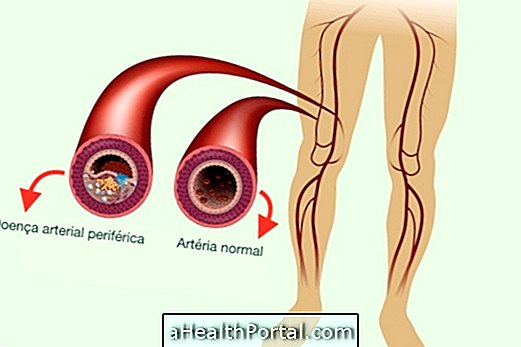Fulminant hepatitis is one of the most serious inflammation of the liver, characterized by its rapidity in disrupting liver functions. An apparently healthy individual may die in a few weeks if not given the proper treatment, which must be done according to its causes.
Some causes of fulminant hepatitis may be:
- Complication of hepatitis A and B;
- Autoimmune diseases such as Reye's Syndrome and Wilson's Disease;
- Use of medications such as antibiotics, psychotropic drugs, antidepressants, diabetes medicine and analgesics;
- Slimming teas;
- Lack of oxygen in liver tissues;
- High fever;
- Excess fat in the liver during pregnancy.
When any of these situations are present the person's liver can be severely affected, failing to be able to filter the blood to eliminate its impurities and to store vitamins and minerals. As liver function is essential to life, when the organ reaches this point the person has symptoms such as yellowing of the skin and eyes, loss of appetite, nausea, dark urine, weight loss, and abdominal bloating. When treatment is not started promptly, the liver stops converting the ammonia into urea and the disease progresses affecting the brain, giving rise to a condition called hepatic encephalopathy, which can be followed by failure or failure of other organs such as kidneys or lungs, and possible coma.
Treatment for fulminant hepatitis
The treatment for fulminant hepatitis is done in a hospital setting and consists of taking medications to detoxify the liver. It is important that the individual is fasted for a period and then receives an adequate, fat-free diet. Sometimes dialysis to purify the blood is needed. Here's how it's done: Hemodialysis.
However, this is not always enough to cure fulminant hepatitis, because liver transplantation is sometimes necessary. When the doctor indicates this need, the patient remains in the ICU, waiting for the transplant, until a compatible donor appears. The waiting time in the queue for transplantation depends basically on the availability of a compatible organ, but patients with fulminant hepatitis are recognized as a top priority, and pass the rest of the patients with the first compatible liver available for transplantation. Learn more at: Liver Transplant.











.php)












